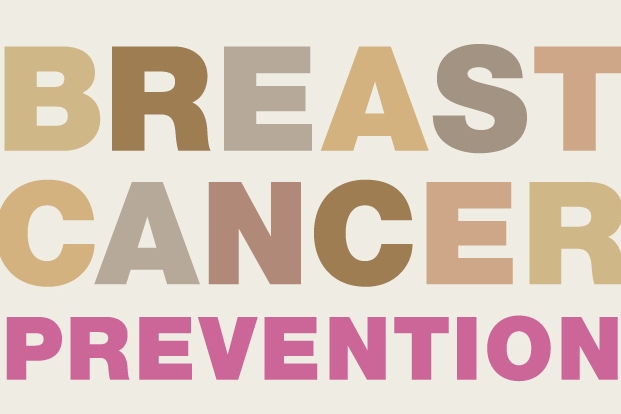Breast Cancer Prevention
Apr 19, 2022
Breast Cancer Prevention begins with self realization of the need to stay fit and disease free.
Breast cancer — Just reading those words can make many women worry. And that’s natural. But there is a lot of good news about breast cancer these days. Treatments keep getting better, and we know more than ever about ways to prevent the disease. These simple steps can help lower the risk of breast cancer.

- Eat Your Fruits & Vegetables and Avoid Too Much Alcohol
- Ladies who eat a healthy diet comprising of fruits and vegetables have much lesser incidences of breast cancer.
- Although making healthy selections at the grocery store and at mealtime can’t guarantee cancer prevention, it might reduce your risk.
Consider the following guidelines:
- Eat at least 2 cups of vegetables and fruits each day.
- Eat less red meat (beef, pork, and lamb) and less processed meat (bacon, sausage, luncheon meats, and hot dogs) A report from the International Agency for Research on Cancer, the cancer agency of the World Health Organization, concluded that eating large amounts of processed meat can slightly increase the risk of certain types of cancer.
- Choose breads, pastas, and cereals made from whole grains instead of refined grains, and brown rice instead of white.
- Alcohol kills 2.6 lakh Indians every year. Research has shown that alcohol can increase your risk for certain kinds of cancer, including breast. The more alcohol you drink, the higher is your risk.
2. Avoid Tobacco
- More than 10 million die each year due to tobacco consumption in India.
- India is the second largest consumer and third largest producer of tobacco in the world. Tobacco smokers are at greater risk of developing cancers than non-smokers
- Using any type of tobacco puts you on a collision course with cancer
- Smoking has been linked to various types of cancer including cancer of the breast, lung, mouth, throat, larynx, pancreas, bladder, cervix and kidney
- Avoiding tobacco or deciding to stop using it is an important part of cancer prevention
3.Exercise Regularly
- Physical activity has been shown to lower the risk of several types of cancer, including breast, endometrium, prostate, and colon cancer.
- Adults should get at least 30 minutes of moderate-intensity activity each day.
4. Breastfeed
- Breastfeeding for a total of one year or more (combined for all children) lowers the risk of breast cancer.
- The longer you breast-feed, the greater the protective effect.
- It also has great health benefits for the child.
- Limit dose and duration of hormone therapy
- Studies show that intake of postmenopausal hormones have a mixed effect on health, increasing the risk of some diseases and lowering the risk of others.
- Both estrogen only hormones and estrogen-plus-progestin hormones increase the risk of breast cancer.
- Administration of hormone therapy for more than three to five years increases the risk of breast cancer.
- Avoid unnecessary exposure to radiation
- Medical-imaging methods, such as CT scans use high doses of radiation.
- While more studies are needed, some research suggests a link between breast cancer and cumulative exposure to radiation over your lifetime.
7. Contraceptive pills and breast cancer
- Hormonal contraception, in any form, increases the risk of breast cancer, though it’s a small risk and it decreases after its ceased.
- A recent study that showed an association between hormonal contraceptive use and breast cancer determined one additional breast cancer could be expected for every 7,690 women who use hormonal contraception for at least one year.
Last but Not The Least — Don’t Forget Screening
- Its proven beyond any doubt that breast cancer screening with mammography saves lives. It doesn’t help prevent cancer, but it can help find cancer early when it’s most treatable.
- Do Self breast examination once in every 14 days
- If you notice any changes in your breasts, such as a new lump or skin changes or sudden change in the shape of the any of the two breasts or nipple discharge or nipple retraction, consult a surgeon immediately.









